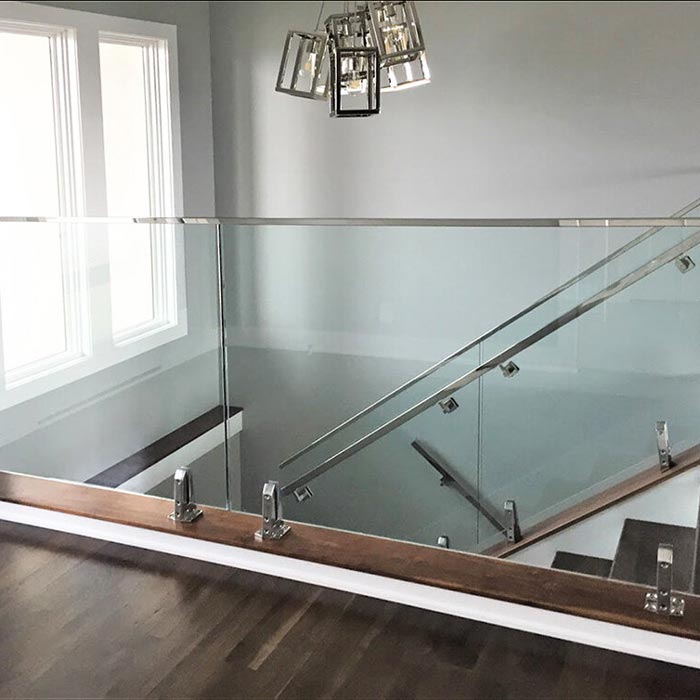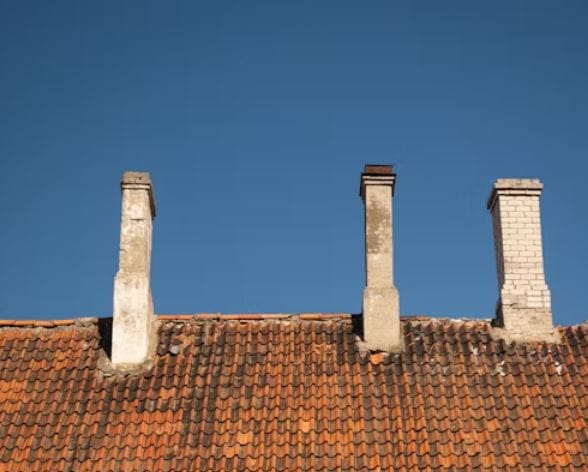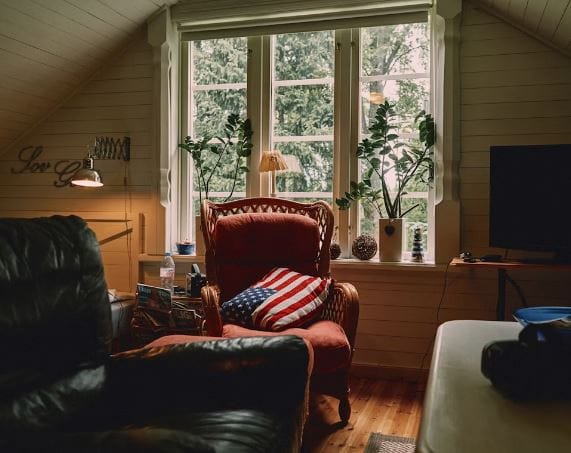Things You Should Never Store Under Your Kitchen Sink

The space under your kitchen sink is one of the most convenient yet often misused storage areas in the home. It’s easily accessible, out of sight, and perfect for stashing cleaning supplies, trash bags, and other household essentials. However, not everything belongs there. Storing the wrong items under your sink can lead to safety hazards, unpleasant odors, pest infestations, and even damage to your home.
To help you optimize this space while avoiding common pitfalls, here’s a detailed list of items you should never store under your kitchen sink—and why.
1. Food and Pantry Items
Why It’s a Bad Idea:
Moisture, heat, and chemical fumes from cleaning products can easily contaminate food. Even if stored in containers, the environment under the sink is not ideal for preserving freshness.
What Can Happen?
- Pest attraction – Crumbs, open packages, or even sealed food can attract ants, roaches, and rodents.
- Spoilage – Humidity and temperature fluctuations can cause food to spoil faster.
- Chemical contamination – Leaking cleaning products can seep into food packaging.
Better Alternatives:
Store dry goods in a cool, dry pantry or cupboard away from chemicals.
2. Paper Products (Paper Towels, Napkins, Cardboard)
Why It’s a Bad Idea:
Paper absorbs moisture, making it a breeding ground for mold and mildew. Additionally, pests like silverfish and cockroaches are attracted to damp paper.
What Can Happen?
- Mold growth – Wet paper towels or cardboard boxes can develop a musty smell.
- Pest infestations – Bugs love nesting in damp paper products.
- Structural damage – Leaks can warp and ruin stored paper goods.
Better Alternatives:
Keep paper products in an elevated, dry cabinet or a dedicated storage closet.
3. Electronics (Small Appliances, Batteries, Chargers)
Why It’s a Bad Idea:
Moisture and electronics don’t mix. Even a small leak can damage cords, batteries, or small kitchen gadgets.
What Can Happen?
- Electrical hazards – Water exposure can cause short circuits or even fires.
- Corrosion – Batteries and metal components can rust.
- Reduced lifespan – Humidity can degrade electronics over time.
Better Alternatives:
Store small appliances in a dry cabinet or on a shelf away from plumbing.
4. Important Documents (Bills, Passports, Receipts)
Why It’s a Bad Idea:
Water damage from leaks can ruin sensitive paperwork, and chemical fumes may cause ink to fade.
What Can Happen?
- Irreparable damage – A burst pipe could destroy important records.
- Faded ink – Exposure to cleaning chemicals can degrade paper quality.
- Security risk – Storing personal documents in a high-traffic area increases the risk of loss or theft.
Better Alternatives:
Use a fireproof and waterproof safe or a filing cabinet in a secure, dry location.
5. Pet Food
Why It’s a Bad Idea:
Pet food bags are often not airtight, making them susceptible to moisture, pests, and contamination from cleaning chemicals.
What Can Happen?
- Mold growth – Dampness can cause kibble to spoil.
- Pest infestations – Ants, roaches, and rodents are drawn to pet food.
- Chemical contamination – Leaking bleach or detergent can mix with food.
Better Alternatives:
Store pet food in sealed containers in a pantry, garage, or laundry room.
6. Medications and First-Aid Supplies
Why It’s a Bad Idea:
Heat, humidity, and chemical exposure can degrade medications and bandages, reducing their effectiveness.
What Can Happen?
- Reduced potency – Pills and liquids can lose effectiveness in humid conditions.
- Contamination – Cleaning products can leak onto medical supplies.
- Safety hazard – Kids or pets could access medications stored in an unlocked area.
Better Alternatives:
Keep medicine in a cool, dry, and secure location, such as a bathroom cabinet (if well-ventilated) or bedroom drawer.
7. Wine and Other Alcohol
Why It’s a Bad Idea:
Wine and spirits should be stored in a cool, dark place—not under a sink where temperature fluctuations and humidity can ruin them.
What Can Happen?
- Spoilage – Heat and light can degrade wine quality.
- Broken bottles – A plumbing leak or accidental bump can shatter glass.
- Chemical tainting – Alcohol can absorb fumes from cleaning products.
Better Alternatives:
Store wine in a wine rack or cellar, and keep liquor in a dry bar cabinet.
8. Fabric Items (Towels, Rags, Cloth Bags)
Why It’s a Bad Idea:
Fabric absorbs moisture and odors, leading to mildew and unpleasant smells.
What Can Happen?
- Mold and mildew – Damp towels can develop a musty odor.
- Staining – Leaking chemicals can ruin fabrics.
- Pest attraction – Silverfish and moths may target stored linens.
Better Alternatives:
Store kitchen towels in a dry drawer or hanging rack.
9. Flammable Items (Aerosol Cans, Lighter Fluid, Alcohol-Based Cleaners)
Why It’s a Bad Idea:
Heat from pipes or accidental sparks can ignite flammable substances, creating a fire hazard.
What Can Happen?
- Fire risk – Aerosols can explode in high heat.
- Toxic fumes – Chemical reactions may release dangerous gases.
- Pipe damage – Heat exposure can warp PVC pipes.
Better Alternatives:
Store flammables in a well-ventilated garage or outdoor shed, away from heat sources.
10. Expensive Cookware (Cast Iron, Wooden Utensils, Non-Stick Pans)
Why It’s a Bad Idea:
Humidity can warp wooden utensils, rust cast iron, and degrade non-stick coatings.
What Can Happen?
- Rust and corrosion – Moisture ruins metal cookware.
- Warping – Wooden spoons and cutting boards can crack.
- Chemical damage – Harsh cleaners can strip seasoning from cast iron.
Better Alternatives:
Store cookware in a dry cabinet or hang pots and pans on a rack.
Final Thoughts: How to Safely Organize Under Your Sink
If you want to make the most of your under-sink storage without risking damage or hazards, follow these tips:
✅ Use airtight containers – Keep cleaning supplies in sealed bins to prevent leaks.
✅ Install a shelf or riser – Maximize vertical space to separate items.
✅ Check for leaks regularly – Prevent water damage by inspecting pipes.
✅ Keep hazardous items elsewhere – Store flammables and chemicals in a safer location.
By avoiding these common storage mistakes, you can keep your kitchen organized, safe, and pest-free. What’s the most surprising item you’ve found under your sink? Share your thoughts in the comments!







